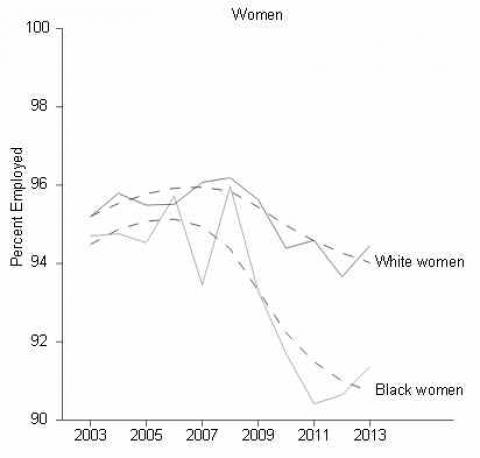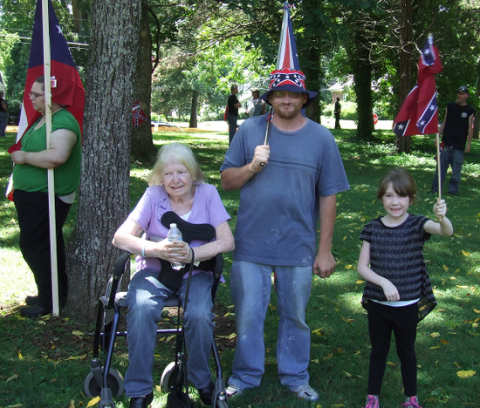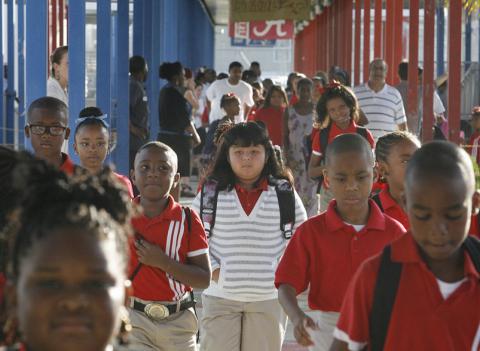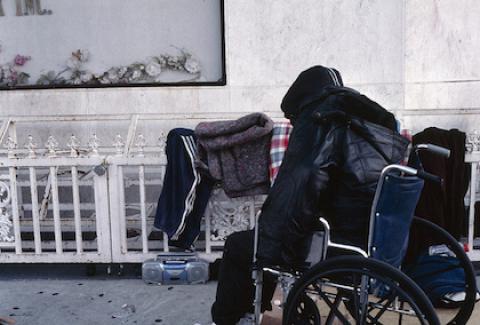Still an Equal Opportunity Employer? Public Sector Employment Inequality after the Great Recession
University of Washington

Historically, the public sector has served as an equalizing institution through the expansion of job opportunities for minority workers. This study examines whether the public sector continues to serve as an equalizing institution in the aftermath of the Great Recession. Results point to a post-recession double disadvantage for Black women: they are concentrated in a shrinking sector of the economy, and they are substantially more likely be without work.










Spread the word